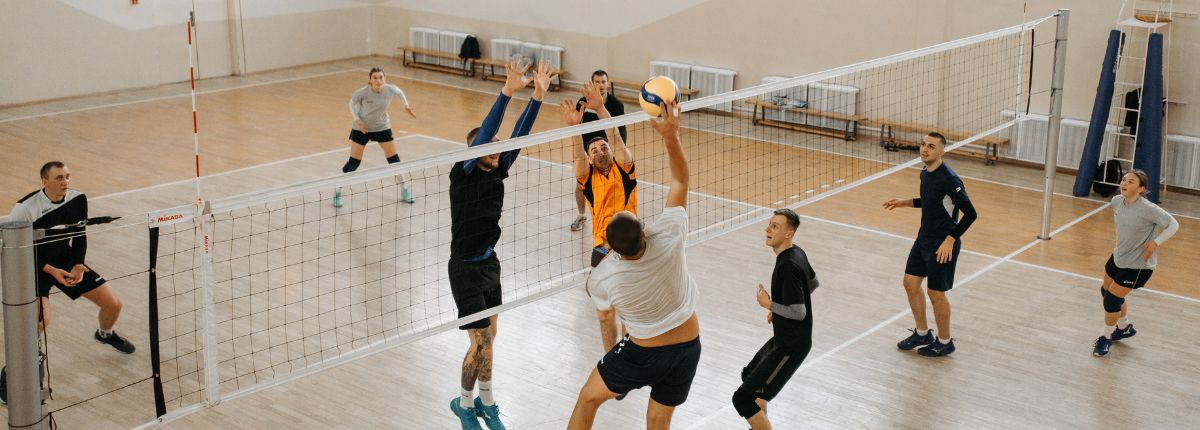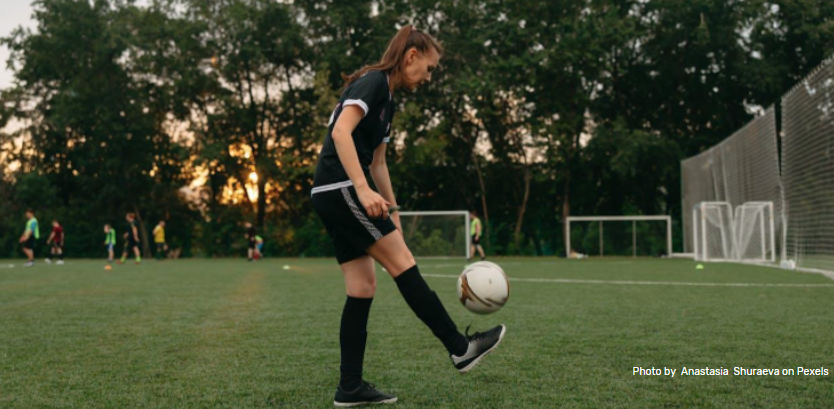Pressure
Going back to school can be very difficult for student-athletes surrounded by the heightened pressure. We feel as if there is some hierarchical standard attached to our identity along with our physical appearance. We are constantly monitored by our actions while maintaining a good GPA and social life. In collegiate sports there are numerous testing phases along with hidden comparable body physiques. This can be slightly alleviated by remembering your value has nothing to do with the number on the scale.
Comparison
Male and female athletes with eating disorder complications will constantly compare themselves. It is important to remember everybody is different from their diet, caloric consumption, and physical appearance. Eating around the team can be a huge trigger. This atmosphere haunted me every time we ate. What helped me was becoming vulnerable with one of my teammates about my struggle, which ultimately furthered our bond. This kept me present during meals. Comparing will only dive someone further away from their authentic self, which is the opposite direction of recovery.
Performance
One of the most important aspects in a collegiate athlete’s life is their performance. Oftentimes I would solely concentrate on my physical abilities rather than train the skill of the sport. Excessive training is common and can become an unhealthy obsession that spirals out of control. Sometimes this extra hard work originates as something good until it becomes uncontrollable. This directly affected my academic performance and opportunities outside my sport. Always remember you are worth more than your sport and it does not define you as a person.
Intuitive Athletic Mindset
Student athletes who are affected by eating disorders may experience a strict all or nothing mindset. This mindset doesn’t allow room for balance. Intuitive living is very difficult for anybody wanting to manually operate in their own world. Sometimes our brains turn on auto-pilot mode after continuous stringent actions. It took me a while to actively engage in intuitive eating, working, and simply living. Student athletes are bombarded with strict rituals and practices that negate this form of living. I had to ask myself if this was healthy for me or if I was faking it until I made it.
Reminders
I found being vulnerable to at least one team member and someone outside my team was very helpful. It gave me an objective viewpoint, which questioned my compulsive thoughts and actions. I met with the school counselor numerous times and saw a local therapist to ensure my mental health would not deteriorate further. I found that this lessened my co-existing feelings of depression and anxiety. I want to encourage all student athletes that you are not alone in this fight and there are resources. These internal and external battles ultimately made me a stronger person today to share my story.
Cameron James Cool is a 27 year old male with two cats. He spoke at the NEDA Walk Event in Lexington, KY and was the top fundraiser. During his undergrad he played soccer at the University of Evansville. He recently moved back from Germany playing semi-professional soccer while acquiring his MBA.






